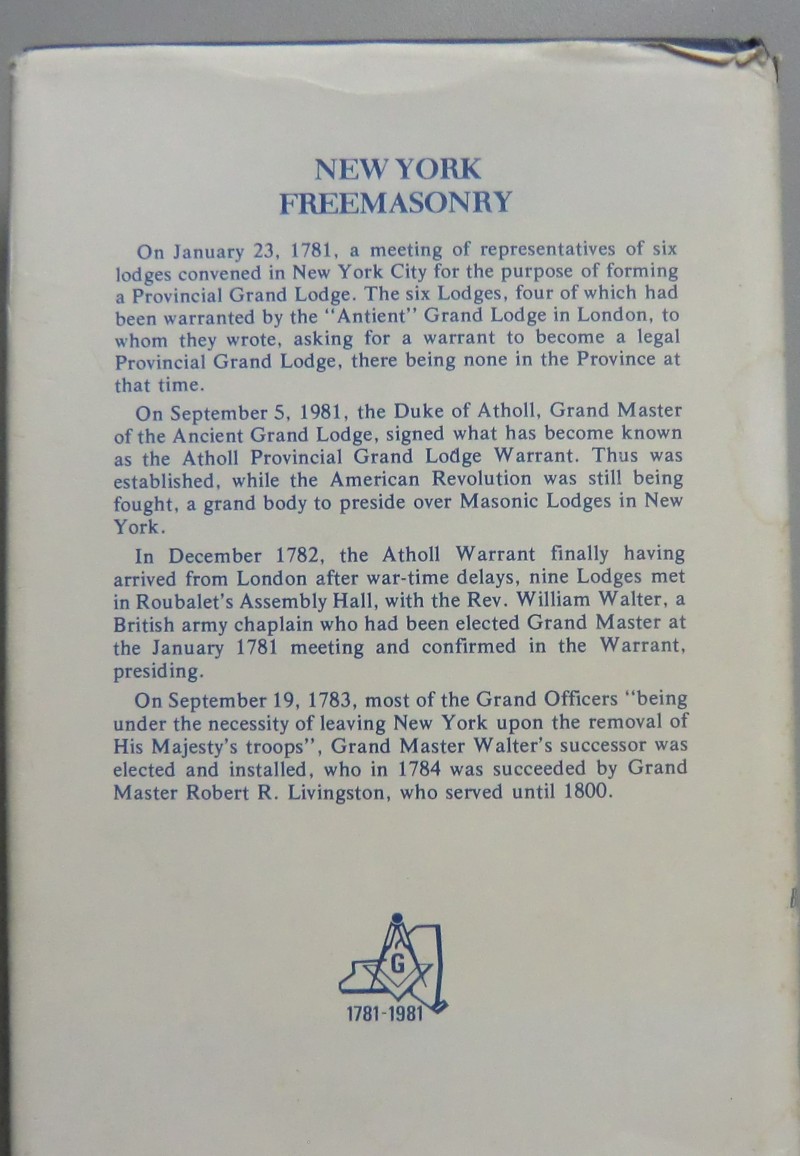
Originally Posted by
xparte

Dutch West Indies company was chiefly
to exploit the indigenous peoples pun intended Starting a New World Order in 1654 New Amsterdam and Newport Rhode Island as the D-W-I-C headquarters yet the commercial instinctive truth is our merchandising monopoly
were prevented by ordinances issued by governor of NEW YORK forbearance
in the domestic economy however no federal reservations or reserves act yet. Discretion was
quickly discovered that the territory inhabited by the
Indians would be a fertile field there were no laws preventing the Dutch W I co from
trading with the Indians.The trading with the enigmatic enemies act was a few beads barrels blankets away.Carpetbaggers a ALEXANDER HAMILTON process was in the new world.A revolutionary war and a few more masonic lodges later we got a commercial constitution a paper freedom that only bye signature and citizenship the declaration and state has been prepared bill of lading or Bill of rights its in exchange for what DEMAND or DEBT Tribe of Danny Boy the pipes a major factor is materialistic gain what does one gain with this knowledge that truth will set things right or beyond materialistic truth and its freedom to set a soul free,Greed has everything to gain for the greedy should i be surprised with spiritual greed .Do i need a lawful excuse to refuse legal judgement can i pay to the order do i belong too this order.Questioned freedoms and bills of exchange trading with the enemy endorsed signatories land titles treatises or trespassing. Profiteering Privateers the water mark its as pagan and as private as this kingdom can be yours beneath one materialistic sky however lookup the competition this flight has been commercially oversold .Delivered = Accounting who pays for ignorance the claimant.Who ignores the claimant becomes the claim . Masonic lodge and or Haudenosaunee longhouse 1722 (or thereabouts), the Tuscarora Nation from the region known as North Carolina, was admitted to the Confederacy under the sponsorship of the Oneida Nation. The Five Nations of the Haudenosaunee Confederacy thus became the Six Nations. The people of the Six Nations, also known by the French term, [Iroquois ] Confederacy, call themselves the Hau de no sau nee (ho dee noe sho nee) meaning People Building a Long House. Located in the northeastern region of North America, originally the Six Nations was five and included the Mohawks, Oneidas, Onondagas, Cayugas, and Senecas. The sixth nation, the Tuscaroras, migrated into Iroquois country in the early eighteenth century. Together these peoples comprise the oldest living participatory democracy on earth. Their story, and governance truly based on the consent of the governed, contains a great deal of life-promoting intelligence for those of us not familiar with this area of American history. The original United States representative democracy, fashioned by such central authors as Benjamin Franklin and Thomas Jefferson, drew much inspiration from this confederacy of nations. In our present day, we can benefit immensely, in our quest to establish anew a government truly dedicated to all life's liberty and happiness much as has been practiced by the Six Nations for over 800 hundred years. Nations were formed for commercial trade with this in mind trading a foreign state or interstate controlled commerce . Regarding the origination of the word Iroquois,
Another matter that surprised many contemporary observers was the Iroquois' sophisticated use of oratory. Their excellence with the spoken word, among other attributes, often caused Colden and others to compare the Iroquois to the Romans and Greeks. The French use of the term Iroquois to describe the confederacy was itself related to this oral tradition; it came from the practice of ending their orations with the two words hiro and kone. The first meant "I say" or "I have said" and the second was an exclamation of joy or sorrow according to the circumstances of the speech. The two words, joined and made subject to French pronunciation, became Iroquois. The English were often exposed to the Iroquois' oratorical skills at eighteenth-century treaty councils. Yankee slick pass the talking stick.








 Reply With Quote
Reply With Quote